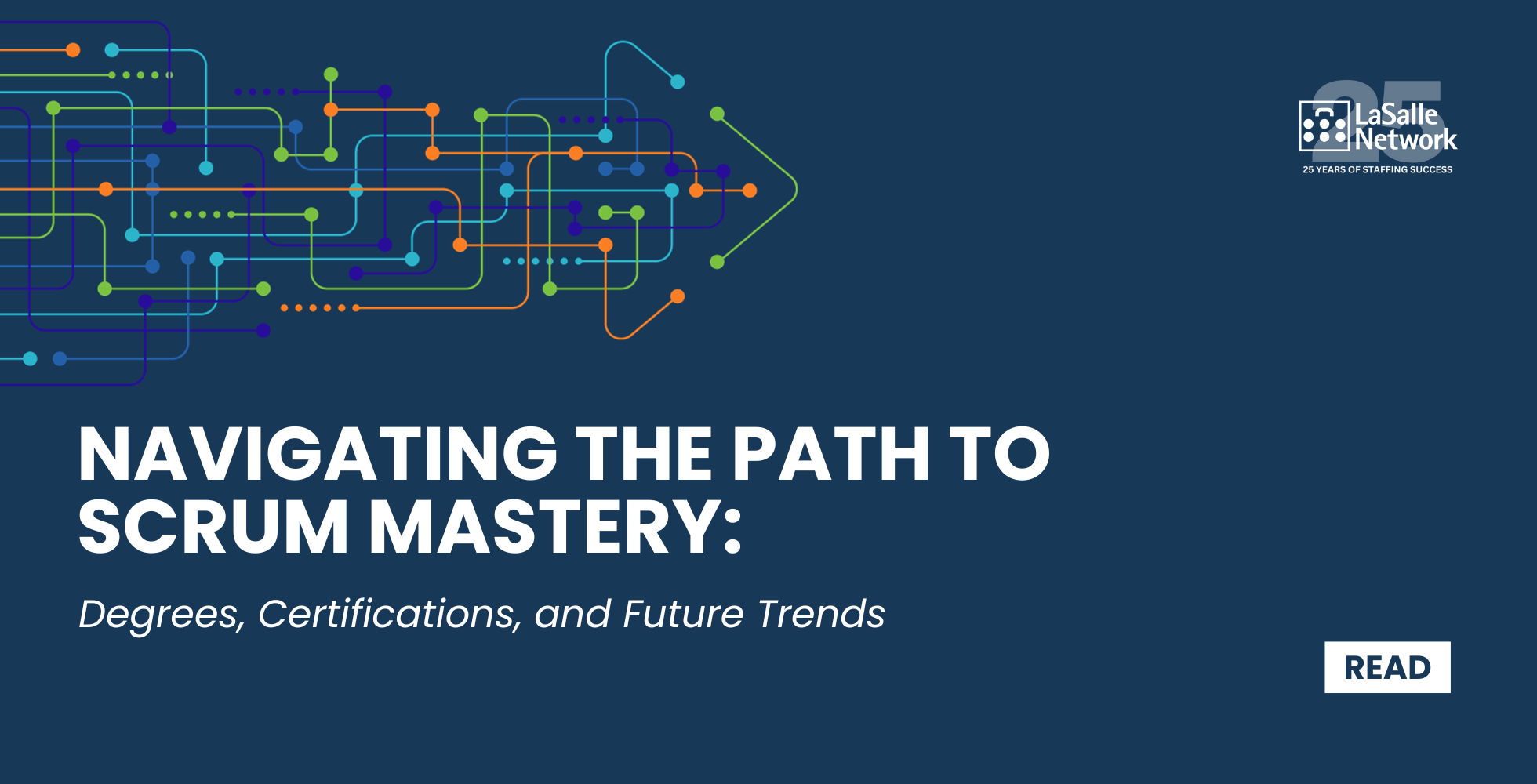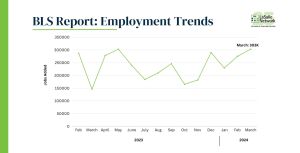In the dynamic realm of technology and project management, aspiring Scrum Masters are met with a myriad of educational options. Choosing the right path can significantly impact one’s journey towards becoming an adept Scrum Master.
We’re exploring the avenues available for attaining professional degrees and a glimpse into the evolving landscape of Scrum Master education.
1. Professional Degrees for Prospective Scrum Masters
A solid foundation in IT or Computer Systems is a gateway to a Scrum Master role. Degrees such as Information Technology, Information/Computer Systems, Business Systems, or Computer Science provide the necessary knowledge to navigate the intricacies of technology-driven projects, making them invaluable for aspiring Scrum Masters.
2. Beyond Traditional Degrees: Expanding the Horizon
In addition to conventional IT degrees, other fields of study can be beneficial for IT professionals eyeing the role of a Scrum Master. Degrees in Business Operations, Business Systems, or Project Leadership & Management offer insights into the broader aspects of business operations and project management, which are instrumental in excelling as a Scrum Master.
3. Certifications: Paving the Way to Mastery
Certifications are key milestones in the journey towards becoming a Scrum Master. The PMP and Lean Six Sigma certifications provide foundational knowledge. The SAFe certification, along with Scrum-specific certifications like Certified Scrum Master (CSM), Certified Scrum Product Owner, and Certified Scrum Professional, are highly relevant in demonstrating expertise in Agile methodologies.
4. Educational Outlets: Where Knowledge Meets Practice
Reputable organizations like the Scrum Alliance and PMI offer comprehensive certification and training programs for aspiring Scrum Masters. Platforms like Coursera also provide accessible resources. For those looking to dip their toes into Scrum concepts, Scrum.org offers free, public courses, serving as an excellent starting point.
5. Future Trends: The Evolving Landscape of Scrum Mastery Education
As Agile methodologies continue to gain traction across industries, the demand for proficient Scrum Masters is set to rise. In response, we can anticipate an expansion in degree offerings specifically tailored to the Agile framework. While degrees and certifications are essential, practical experience will remain a cornerstone of a robust Scrum Master resume. Over the next 5-10 years, a more direct path towards Scrum Mastery is expected to emerge, providing aspiring practitioners with clearer routes to expertise.
Becoming a skilled Scrum Master requires a strategic approach to education and certification. By choosing the right degrees, pursuing relevant certifications, and leveraging educational outlets, aspiring Scrum Masters can set themselves on a course towards success. As the landscape of Agile methodologies continues to evolve, so too will the educational offerings, paving the way for a new generation of adept Scrum Masters and Agile practitioners. Embracing this evolution will not only strengthen the individual, but also contribute to the growth and success of organizations navigating the complex world of technology and project management.








